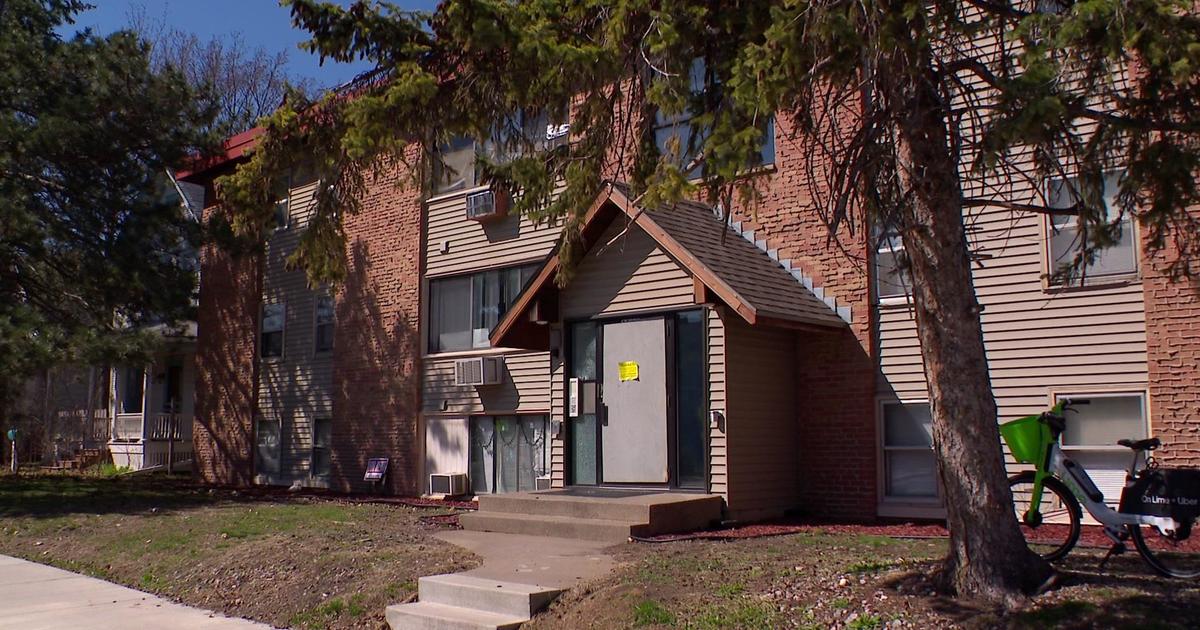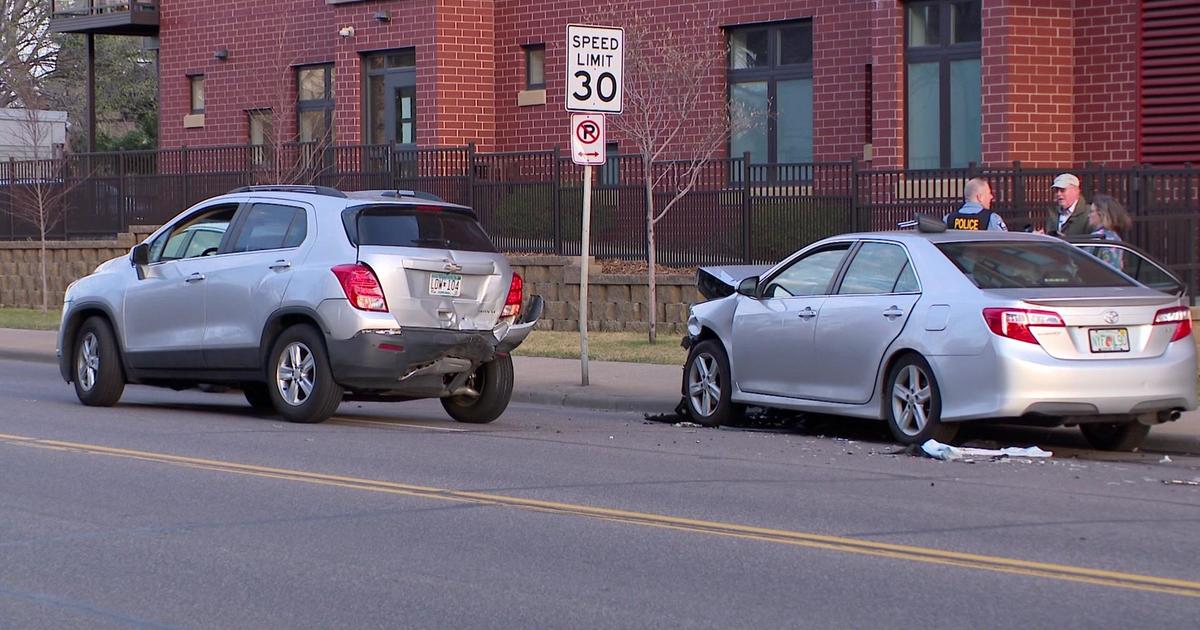Cold Case: The Unidentified Bodies
(WCCO) -- The Minnesota Bureau of Criminal Apprehension has a new, first-of-its-kind program to track down missing persons.
There are currently almost 800 missing adults in Minnesota and almost 260 unidentified remains and bodies in this state. The BCA has been working with local law enforcement and coroners and medical examiners to try to see how many of them might be matched.
They are providing DNA kits to local police agencies to give to relatives of missing persons to compare with DNA on bodies or remains they find.
The BCA has also started a new system where they will start tracking missing adults once they have been missing 30 days. Minnesota is the first state in the country to take this approach after such a short period of time.
They will collect photos, dental records and DNA so they have that information uploaded into local and national databases.
-------
New DNA Tool For BCA Beginning To Get Results
It's been almost a year since the Minnesota Bureau of Criminal Apprehension began a first of its kind program to try to match missing persons with unidentified remains.
The BCA has worked closely with local police to help them get every unsolved missing persons cases into their data base. BCA superintendent Tim O'Malley says the work is paying off.
"We had about 800 missing persons when we met a year ago about this project. It is down to about 600 and some now, in part because the data base is less cluttered. It has more accurate information now," said O'Malley.
The BCA has sent out forensic kits to police departments across the state to help collect DNA, dental records, fingerprints and photographs from the relatives of missing people. Those relatives include the daughters of Georgia Smith.
Smith was a 76-year-old grandmother who left her Champlin, Minn. home almost nine years ago this summer. She was headed for her cabin in northwestern Wisconsin. She and her blue Mercedes have never been found.
Daughter Pam Dekok believes she was murdered. She and her sister were among the first relatives to submit DNA to the BCA to keep on file in case their mother's remains turn up some day. While they doubt she is alive, Smith's children want to find her remains to finally say goodbye.
As part of the BCA's program, they have also been working with local medical examiners and coroners to get a master file of all unidentified bodies and remains they have come across in Minnesota. So far, they have recorded 52 cases.
O'Malley expects the number to reach 100. He is convinced it is just a matter of time when the two databases get some matches and provide answers for loved ones. DNA recently helped them identity a man from St. Paul who had committed suicide by jumping off a Mall of America parking ramp.
One still unsolved mystery involves a woman whose skull was in the Ramsey County morgue for several years after it was found in rural Washington County on the shores of Bone Lake in June of 1993. Police found her foot along the Mississippi River a few miles away. The data from the remains was loaded into both state and federal databases, which go back 50 years.
"It is one of the many areas where we can see advancements in both technology and forensics, making a difference in criminal investigation and really in every day life for people in Minnesota," O'Malley said.
The BCA won't enter a missing persons case into their database until the person has been gone 30 days.



